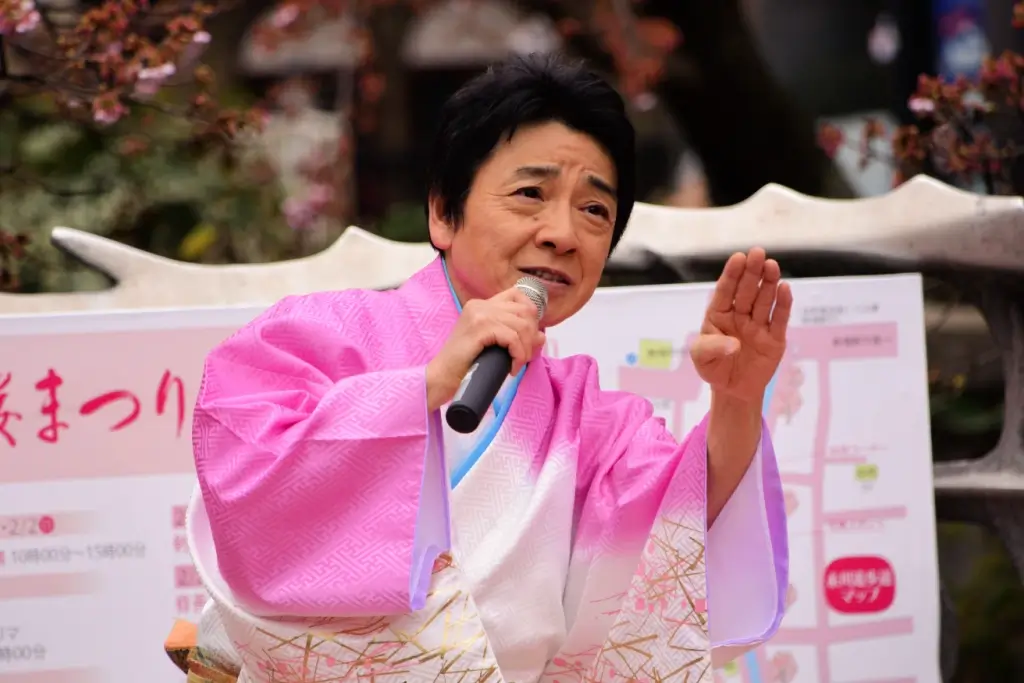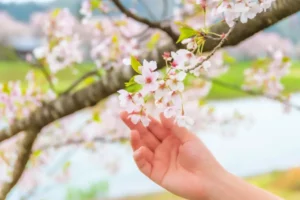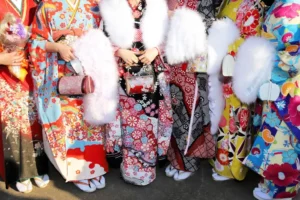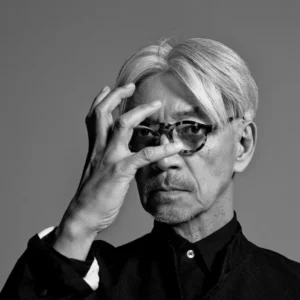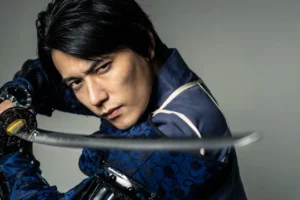If you’ve ever felt the emotional pull of a song that tugs at your heartstrings, then you’ve probably experienced the magic of enka. This unique genre of Japanese music, born in the 1950s, is known for its deep emotional resonance, soulful ballads, and beautiful blend of traditional and modern influences. Even if you are hearing it for the first time or revisiting its iconic melodies, this music never fails to stir something within. Let’s dive into the world of enka and explore some of its most famous artists!
Table of Contents
ToggleWhat is enka?
Enka is a Japanese ballad music style centered around love, longing, and heartbreak themes. It rose to popularity in the 1950s and has remained a beloved genre in Japan ever since. Characterized by dramatic vocals and melodies that often incorporate traditional Japanese instruments, enka delivers an emotional and nostalgic musical experience.
The lyrics often explore themes that resonate universally—separation, unrequited love, and yearning for the past. The distinct singing style also features controlled breathwork, vocal slides, and expressive pauses, making it unlike any other genre. If you’ve ever heard a song so heartfelt that it feels like a story unfolding before you, that’s the essence of enka. It’s music that speaks directly to the soul, transporting listeners to another time and place.
Who are some popular enka singers?
Meiko Kaji
When people think of enka, Meiko Kaji is often one of the first names that comes to mind. Known for her deep, husky voice and evocative delivery, Kaji made a name for herself in the 1970s with songs like “Shinjo” and “Urami Bushi.” These tracks became iconic and were featured in the action movie Kill Bill.
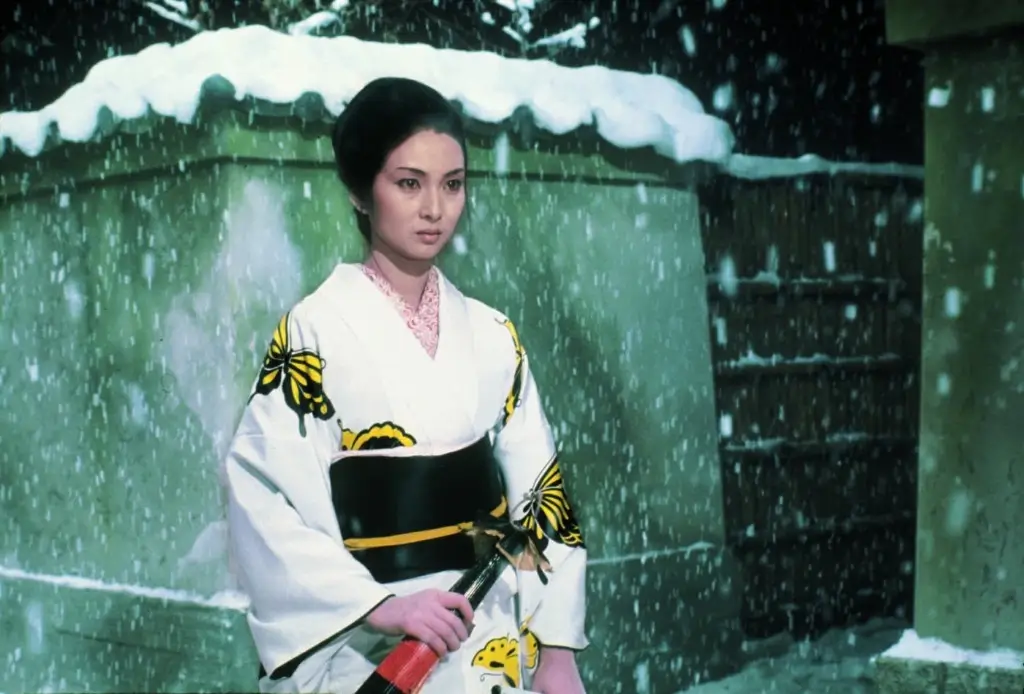
Kaji’s raw and unapologetically melancholic style makes her music incredibly moving. Every note she sings carries a weight of emotion and perfectly underlines a movie soundtrack. Her ability to embody the emotions of her songs is what makes her a timeless figure in the genre. Meiko Kaji’s work is a must-listen for those drawn to the more sorrowful side of music.
Hibari Misora
Another legendary figure in the world of enka is Hibari Misora. Often referred to as the “Empress of Enka,” Misora’s career spanned more than 30 years, and she became one of the most beloved figures in Japanese music. Her voice was spectacular—warm, powerful, and effortlessly expressive. Misora’s songs, like “Aka Tori” (Red Bird) and “Kawa no Nagare no Yō ni” (Like the Flow of the River), are considered classics in this genre.
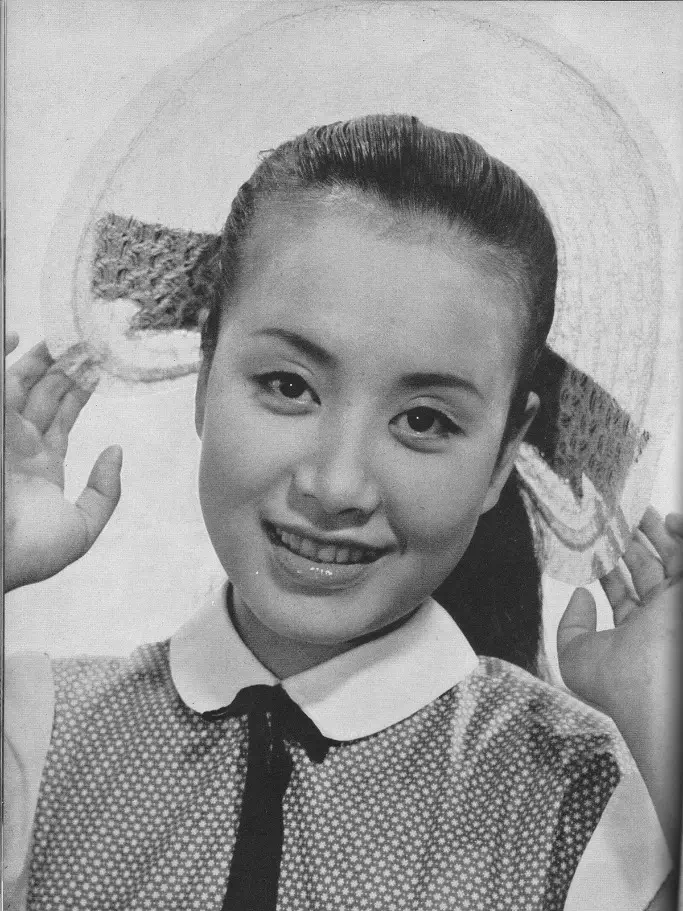
What made Misora stand out was her ability to balance the traditional sounds with a modern touch, keeping her music relevant across generations. She could captivate her audience with a single note, effortlessly conveying a story of love, loss, or longing. Her legacy is undeniable. Her songs are still covered and celebrated by modern artists today. Overall, Hibari Misora helped shape the musical culture of Japan as a whole.
Looking for great snacks? Check out Sakuraco! Sakuraco delivers traditional Japanese snacks, teas, and sweets from local Japanese makers directly to your door so you can enjoy the latest treats directly from Japan!
Jero
Born Jerome White Jr. in Pittsburgh, Jero is an African-American and Japanese artist who became a groundbreaking figure in Japan’s music scene. Introduced to enka by his Japanese grandmother, Jero developed a passion for the genre from a young age and promised her he would one day perform in Japan. After graduating from the University of Pittsburgh, he moved to Japan to pursue this dream, supporting himself as a computer engineer while participating in singing contests.
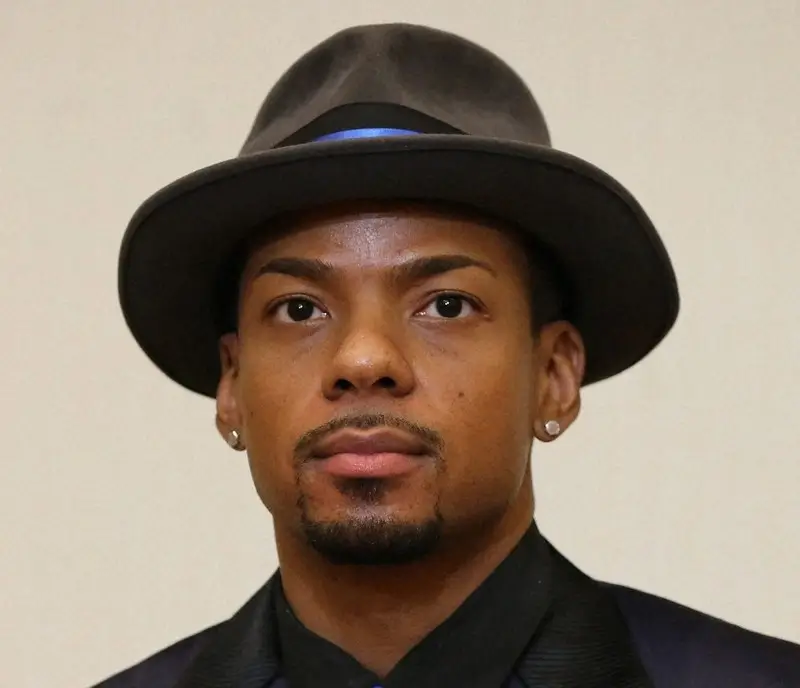
Jero’s 2008 debut single “Umiyuki” was a sensation, becoming the highest-ever debut for an enka single and bringing him widespread attention. Traditionally, enka was dominated by Japanese singers and mainly appealed to older listeners. Still, Jero’s soulful voice, hip-hop style, and American pop influences attracted a new, younger audience and revitalized the genre. His success demonstrated enka’s universal appeal and showed that its emotional depth could transcend cultural boundaries.
Jero’s journey not only introduced enka to new fans but also inspired a new generation of artists. His story remains one of the most remarkable in modern Japanese music, proving that music can connect people across backgrounds and cultures.
Enka’s importance
At its core, enka is a deep emotional connection that spans time and generations. The genre’s themes are universal: love, heartache, nostalgia, and longing. Everyone can relate to these feelings, no matter where they’re from.
It also often uses traditional Japanese instruments, like the shamisen, which gives the music a distinct, unmistakably Japanese sound. This connection to Japan’s cultural roots is part of what gives enka its timeless quality. While it may not always dominate the charts like it once did, it still holds a special place in Japan’s musical heritage and continues to captivate listeners worldwide.
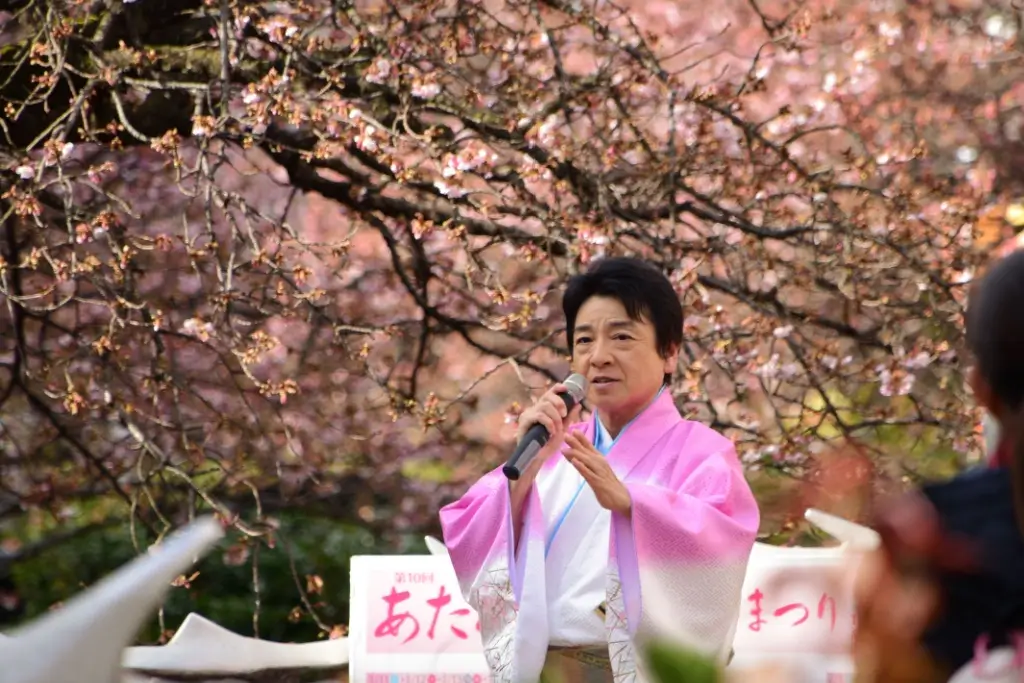
Why should I listen to enka?
You should listen to enka because it’s a genre that showcases deep, raw emotion through song. In a world where so much music is about surface-level trends, it stands out because of its depth. Moreover, it connects on a deeply emotional level. Whether listening to a ballad for the first time or the hundredth time, you’ll be swept away by its power and beauty. Have you ever listened to enka before? Which artist is your favorite? Let us know in the comments below!


